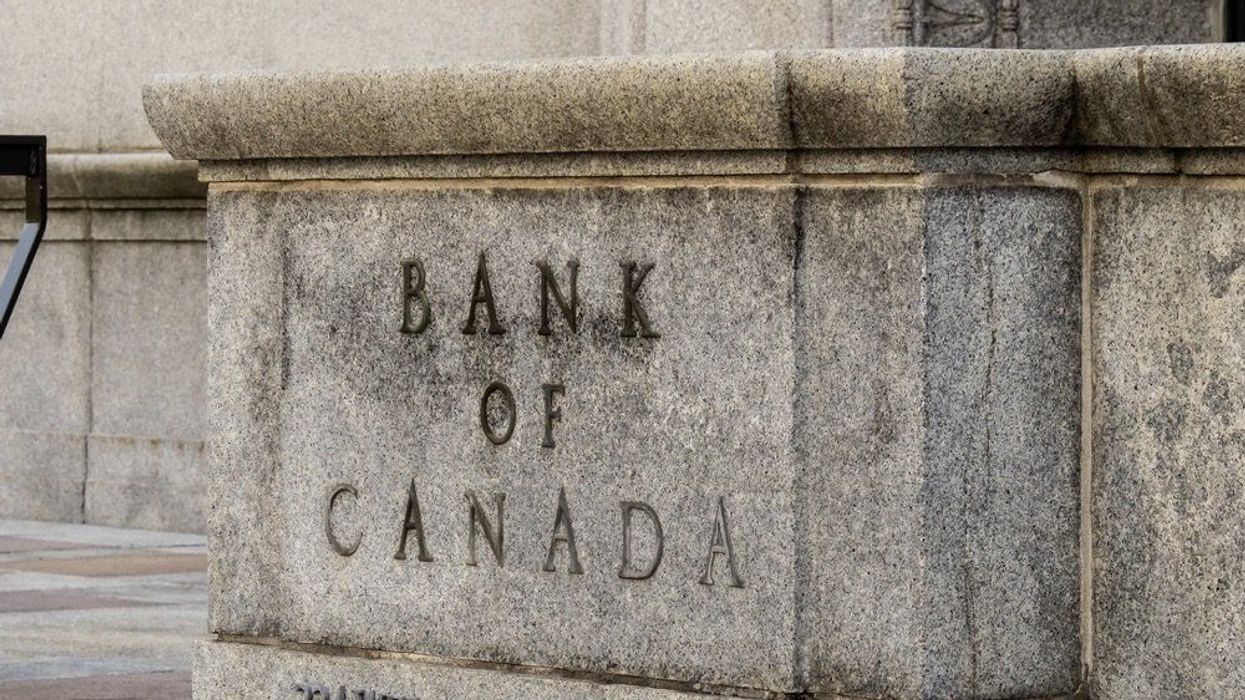For the fourth time in a row, the Bank of Canada (BoC) opted to hold its policy interest rate at 5%.
The hold was largely expected, with many economists predicting in the weeks leading up to Wednesday's announcement that a rate cut was not yet on the table. Although inflation has come down significantly since its peak of 8.1% in June 2022, sitting at 3.4% last month, it has not stayed on a consistent month-after-month downward trend.
Housing prices are one of the major factors standing in the way of disinflation, with high home prices continuing to hold steady, and in some markets, even grow.
"The Council is still concerned about risks to the outlook for inflation, particularly the persistence in underlying inflation," the BoC said in its announcement on Wednesday. "Governing Council wants to see further and sustained easing in core inflation and continues to focus on the balance between demand and supply in the economy, inflation expectations, wage growth, and corporate pricing behaviour."
The bank said it is expecting a lowering of inflation, but likely not until the second half of the year. The bank’s target inflation rate of 2% isn’t expected to be reached until 2025.
“While the slowdown in demand is reducing price pressures in a broader number of CPI components and corporate pricing behaviour continues to normalize, core measures of inflation are not showing sustained declines,” the BoC said.
This will largely be attributable to a softening global economy, with the bank now forecasting a global GDP growth of 2.5% in 2024 and 2.75% in 2025 — both down from 2023's 3%.
"In Canada, the economy has stalled since the middle of 2023 and growth will likely remain close to zero through the first quarter of 2024," the bank said.
After last year's painful hikes and maintenance of high interest rates, borrowers are all looking forward to eventual rate cuts, if and when they happen. Many experts are anticipating cuts to come later in the year, perhaps as early as spring.
The next rate announcement is scheduled for March 6.





















